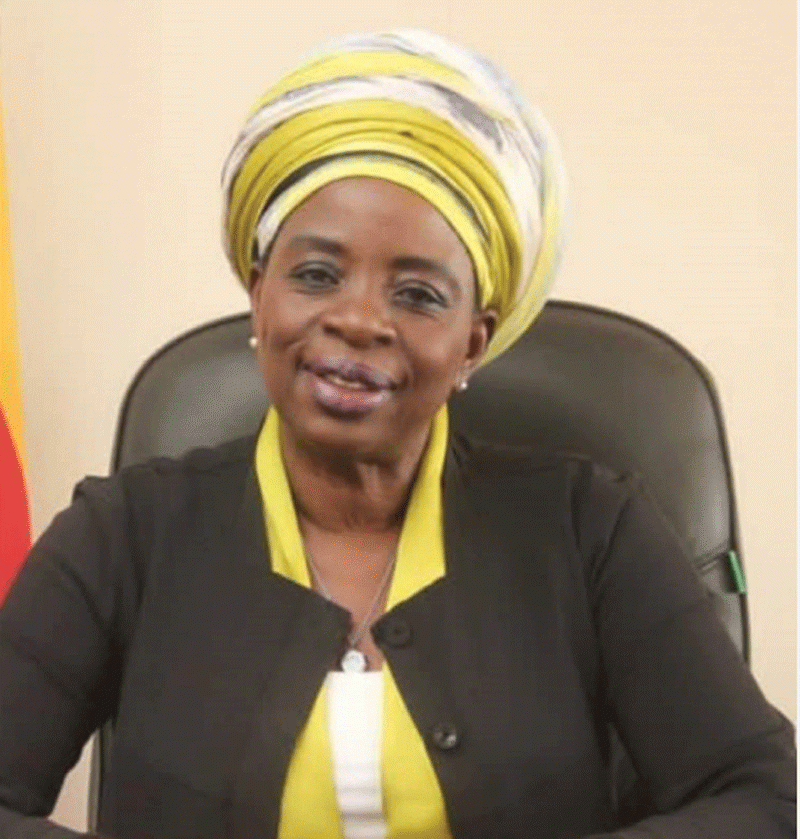
INDUSTRY and Commerce minister Sekai Nzenza says women should actively engage in the African Continental Free Trade Area (AfCFTA) by developing resilient and sustainable industries.
AfCFTA — the world’s largest free-trade area — started trading on January 1, 2021, creating a market of 1,2 billion people and the eighth economic bloc in the world with a US$3-trillion combined gross domestic product, which is expected to more than double by 2050.
The agreement is a flagship project of the African Union Agenda 2063 which has the key objective of accelerating intra-African trade and boosting Africa’s trading position on the global market by strengthening the continent’s common voice in policy space and global trade negotiations.
So far, the agreement has been signed by 54 of the 55 African Union member States, while 44 have deposited their instruments of ratification, but only four have ratified the protocol on the movement of people.
Zimbabwe is one of the African countries which have taken advantage of the bloc.
“The question of active participation of women in trade is answered by the creation of resilient and sustainable industries through value addition as opposed to the export of raw commodities,” Nzenza said at the AfCFTA panel discussion held in South Africa this week.
“The history of industrialisation has been connected to women at the bottom of the chain of productivity whether it is tilling the fields, crafting or cross-border trade. The future of industrialisation is ours to collectively design through formalisation and harnessing that historical female expertise,” she said.
The Cabinet minister said countries must measure the ability of women to embrace the AfCFTA using the rate of private sector-led growth, adding that the bloc was not only a subject of government policy but a reality of the industry.
- Mavhunga puts DeMbare into Chibuku quarterfinals
- Bulls to charge into Zimbabwe gold stocks
- Ndiraya concerned as goals dry up
- Letters: How solar power is transforming African farms
Keep Reading
In 2021, AfCFTA secretary-general Wamkele Mene visited the country and highlighted that the southern Africa nation has huge potential and could be competitive in a number of areas.
According to Nzenza, in pursuit of an inclusive approach to international trade, Zimbabwe has undertaken sector-specific strategies as espoused in the National Development Strategy 1 which led to increased capacity utilisation, investment and export-oriented growth.
She said government had observed that the biggest participation in the agricultural sector was that of women at production level.
“It is as simple as this in order to trade we must produce. The products must be innovative, high quality and globally competitive,” she said.
To this end, Nzenza said the government, through ZimTrade, had developed the “She Exporter” programme specifically designed to elevate women from production to productivity of export quality goods and services.
Within her industry, she said they had also begun to zero in on small-to-medium enterprises (SMEs) where all these female-led initiatives are included so that “we can elevate and incentivise their endeavours.”
Realising that funding is a key enabler for trade, she said Zimbabwe had a women’s bank designed to facilitate women-led initiatives at concessionary rates considering the demographic challenges.
There is still room for international collaboration with institutions like the United Nations Development Programme to enable appropriate capitalisation.






